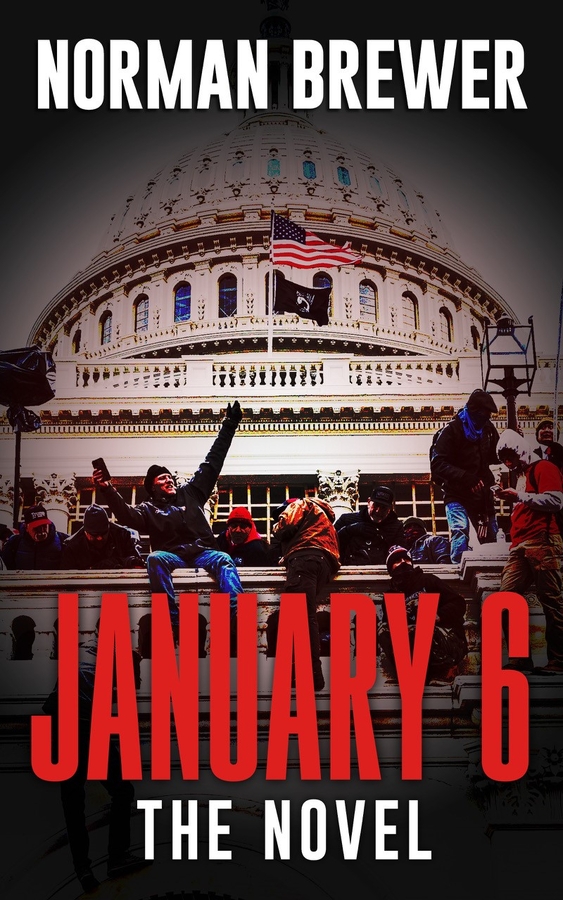Referendum 108 and Referendum 109 filed to challenge two newly signed state laws, HB 1491 and ESSB 5184, that strip away public rights and protection under the State Environmental Policy Act (SEPA) and override cities’ authority to regulate parking.
BELLEVUE, WA, June 10, 2025 /24-7PressRelease/ — Concerned citizens have filed Referendum 108 and Referendum 109 to challenge two newly signed state laws, HB 1491 (Transit-Oriented Development) and ESSB 5184 (Minimum Parking Requirements), that strip away public rights under the State Environmental Policy Act (SEPA) and override cities’ authority to regulate parking.
Signed into law in May by Governor Bob Ferguson, the new measures are set to take effect unless voters act. Critics warn the laws silence public input on parking impacts and remove environmental review protections long available under SEPA.
“These laws are a direct assault on local democracy and public participation,” said Nick Strathy, sponsor of both referenda and one of three residents currently appealing the City of Redmond’s approval of the controversial drug-allowed Plymouth Housing Project downtown. “People had no idea these sweeping changes were coming. Now they’re finding out the hard way.”
A Community Ignored
In Redmond, Plymouth Housing plans to construct a 100-unit mixed-use building with just four parking stalls, far below the 125-stall requirement under the city’s zoning code at the time of the application. Redmond officials fast-tracked the project, offering no opportunity for public hearing or open public comment before gifting $5.8 million in public land near a school to the developer. Residents submitted 108 written objections opposing the City’s initial Determination of Non-Significance issued in October 2024, raising concerns about parking shortages, noise, safety risks, and strain on public services. Yet, the City still issued a Determination of Non-Significance in April 2025.
When residents appealed, Plymouth’s attorney Josh Friedmann filed a motion to dismiss, citing the new state laws which prohibit cities from requiring parking minimums and bar SEPA review or a Determination of Significance based on inadequate parking for projects like this. “It’s no coincidence that Plymouth Housing expressed support for ESSB 5184 during the bill’s public hearing,” said Strathy. “Now they’re using it to silence local opposition.”
Statewide Impact
Under ESSB 5184, cities can no longer require off-street parking for affordable housing, including drug-allowed buildings operated by Plymouth Housing across King County, regardless of location or transit availability. HB 1491 goes further, removing SEPA environmental review entirely for projects near transit stations and prohibiting cities from requiring mitigation for lack of parking.
During legislative hearings, opponents argued that the bills remove local control and impose unrealistic parking reductions, especially in suburban areas where driving is often necessary. They stressed that one-size-fits-all mandates ignore variations in infrastructure, transit access, and safety. Reduced parking, they warned, may harm residents, employees, and businesses, worsen congestion, and spark public backlash against new housing. Many urged for local flexibility and tenant notification where off-street parking is not provided.
Parking has been a persistent concern for residents living near Plymouth Housing and other drug-allowed homeless facilities. Residents near Clement Place in North Seattle reported ongoing parking issues after the building opened. In a 2021 video, neighbors expressed frustration over the impact on street parking. One resident said, “When you think there won’t be any cars, there are actually a lot – many are junk cars that don’t run or make a lot of noise.” Another added, “They use the street as a permanent place to park their cars.” Residents also reported that some Clement Place tenants have found ways to avoid having their vehicles towed, further contributing to long-term congestion.
Next Steps
The Attorney General has five business days to issue ballot titles and summaries. Once released, organizers will begin collecting signatures to qualify both referenda for the November ballot.
“These referenda are the public’s chance to take back their right to be heard and to protect their communities,” said Strathy. “This fight is about more than parking—it’s about transparency, fairness, and local control.”
Related Link:
https://safeeastside.com
—
For the original version of this press release, please visit 24-7PressRelease.com here




